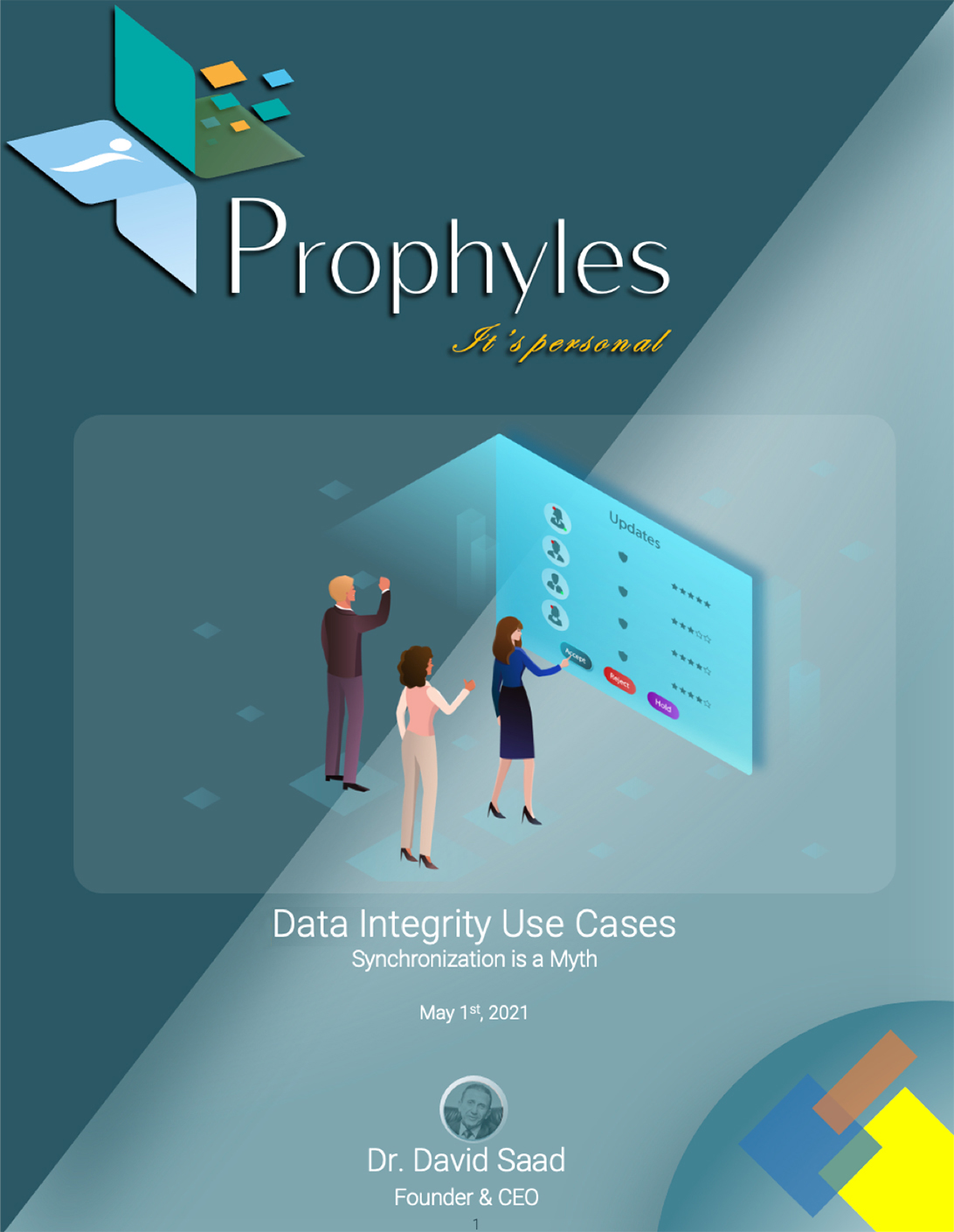
Personal Use Case

Lisa
In 2017, Lisa met John when he was a Marketing Manager at Apple.
She typed his contact information in her Gmail address book.
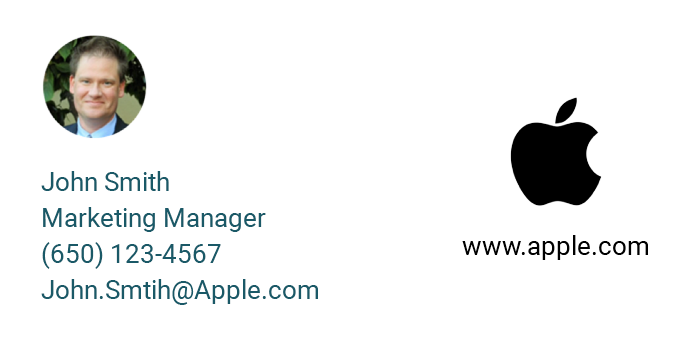

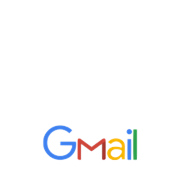
In 2017, Lisa ran into John at Starbucks at which time he gave her his new card.
She scanned it into her Outlook address book.



Luckily, Lisa has a sophisticated utility which synchronizes her Gmail and Outlook address books. However, her sophisticated synchronization utility turned out to be useless because John changed his job again in 2021, and Lisa doesn’t even know about it.
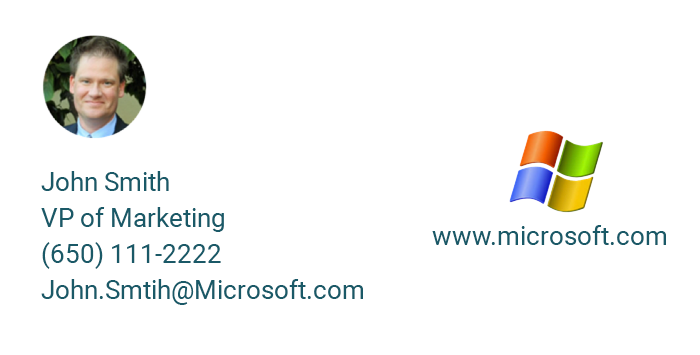

Enterprise Use Case

Lisa

Jennifer
Lisa and Jennifer work at AT&T.
In 2017, Lisa met John when he was a Marketing Manager at Apple.
She typed his contact information in her Gmail address book.

In 2019, Jennifer ran into John at Starbucks where he gave her his new card. She scanned it into AT&T’s CRM.

Luckily, AT&T’s CRM has a sophisticated utility which merges duplicates. However, that sophisticated synchronization utility turned out to be useless because John changed his job again in 2021, and neither Lisa, nor Jennifer, nor all other users of AT&T’s CRM, know about it.


Poor Data Quality
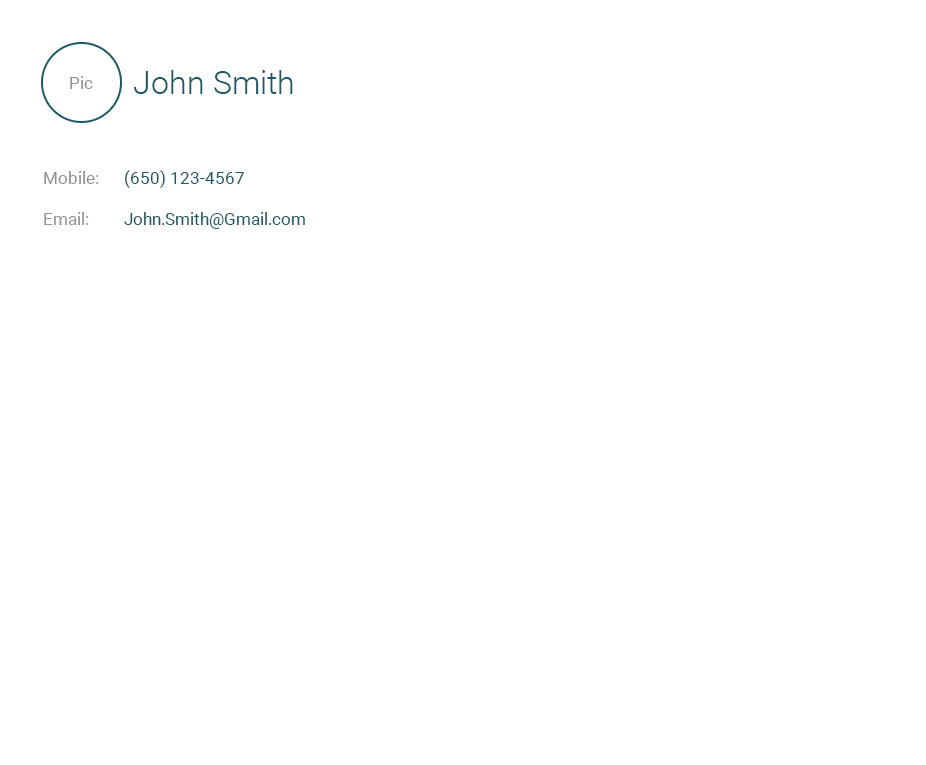
Most of cards of your contacts in
your address book look like this one
Cracks

There are 5 points of contact:
-

In Person
-

Email
-

Text
-

Call
-

Facetime
Unless you create a new card for your new contacts, they will certainly get stuck, and eventually lost, at any one of the 5 points of contact. Unfortunately, the loss of new contacts occurs too often because creating a new card in an address book is laborious, tedious, boring, and very error prone due to typing or scanning.
Problems
All current applications including Address Books, Contact Management (CM), Personal Information Management (PIM), Customer Relationship Management (CRM), Applicant Tracking (AT), and any other applications or online forms which use Contact Information allow their users to add, delete, and modify other people’s data stored in a centralized database.
That is indeed the main culprit and the source of the fundamental problem which causes many other problems resulting in data which is incorrect, inaccurate, incomplete, outdated, duplicated, fragmented, isolated, or unsecured.
In short, the entire industry has adopted an old paradigm based on the same up-side-down solution turned on its head, which is fundamentally flawed. Hence, no matter what utilities such as synchronization, merge, and elimination of duplicates are used, we continue to experience the same lingering problems because all existing utilities depend on users to input and update information about others that eventually becomes obsolete, especially nowadays with an increasing velocity of job switching.
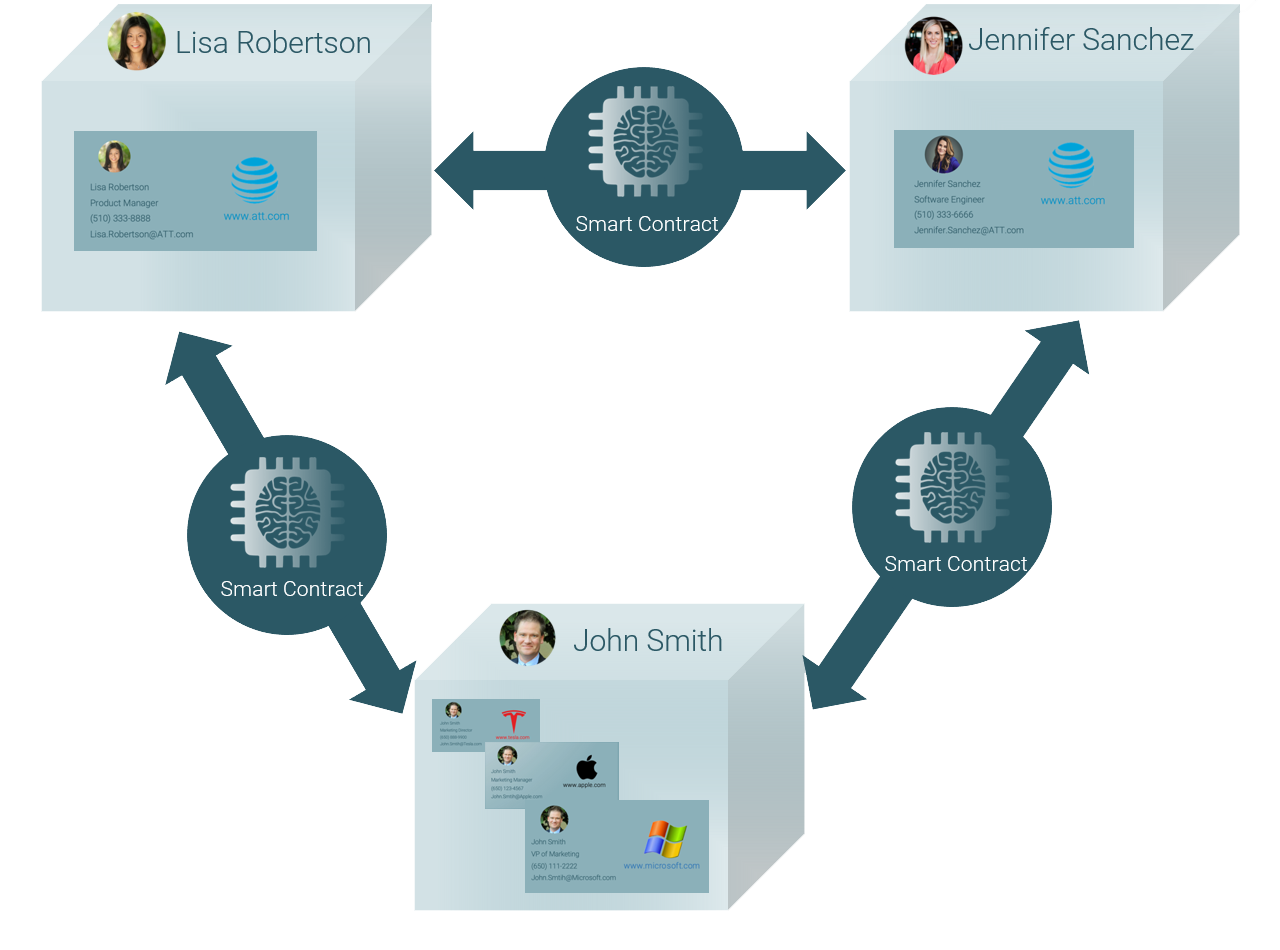
Prophyles is the first Contacts-as-a-Service (CaaS) representing the ultimate solution which consists of a distributed and decentralized database stored in the cloud rather than a centralized database. Every user has his/her own comprehensive profile that includes Personal Information, some of which is stored in our private blockchain. Users connect with each other by sharing a specific virtual card that represents one of their personas. When users exchange their respective virtual card, a link is established between profiles. This link is governed by a Smart Contract that sets the privacy parameters for that connection. These privacy parameters can be changed dynamically by the user depending on their relationship. Users are notified of any updates to any profiles which they are linked to, and they have instant access to the new updated profiles. Therefore, there is no need for any synchronization, or merge, or eliminating duplicates – problems solved.
Solution
Prophyles has a unique and compelling solution which finally solves all the data integrity problems. Besides the numerous functions that Prophyles offer, the features that address the data integrity issues alone are the following:
Distributed and decentralized database versus a centralized one.
Users can add, delete, or modify only their own profile, but not other users’ profile.
Users can control who, when, and how their Personal Information can be used by their contacts.
Connections between people are simply links to their respective profiles.
Users don’t create an address book, but rather, an address book is automatically created for them consisting, not of cards created by users, but simply of a list of links to profiles of people who they are connected to.
Any update in any profile is automatically accessible to any other profile linked to that updated profile. Therefore, there is no need to synchronize, merge, or eliminate duplicates. The architecture inherently solves these problems.
In conclusion, Prophyles turns the current up-side-down solution back on its feet the way it should have been in the first place because Contact Management is fundamentally a network application and not a centralized one.

